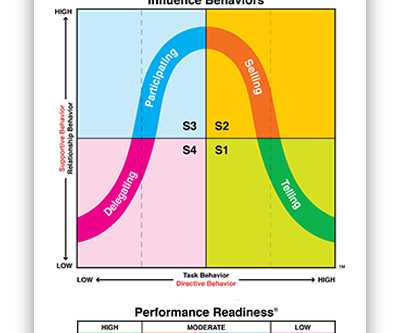5 Valuable Ways DISC Personality Profiles Unlock Clearer Team Communication and Collaboration
Great Results Team Building
MAY 1, 2024
Their control-oriented nature may lead to micromanagement or a resistance to new ideas. Their enthusiasm is contagious, and they excel at building relationships and influencing others. The DISC assessment categorizes personalities into four distinct styles: Dominants (D), Influencers (I), Steadys (S), and Conscientious (C).























Let's personalize your content